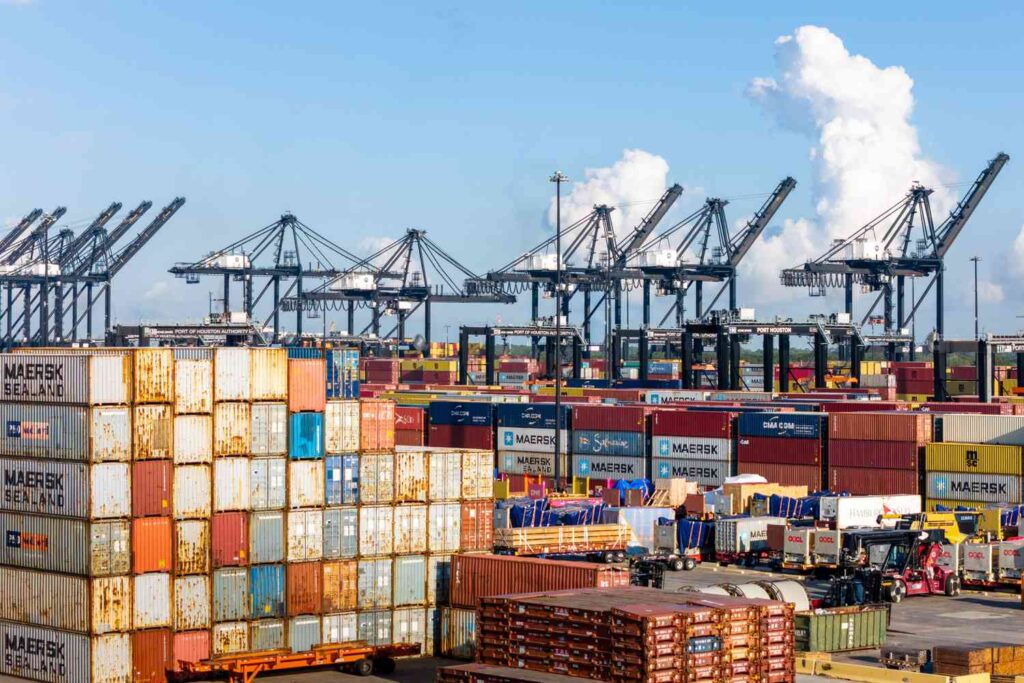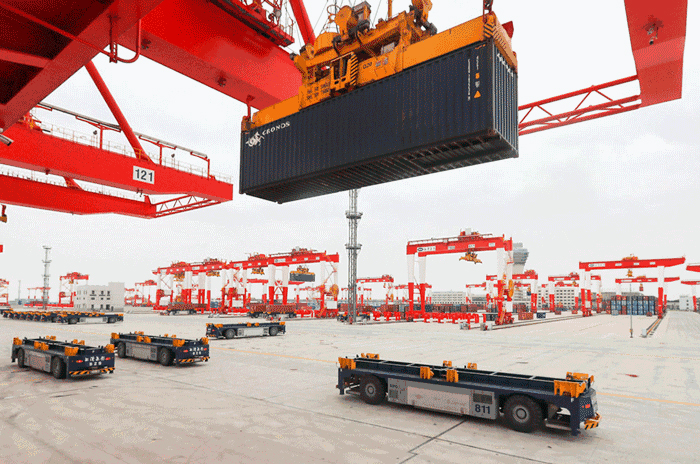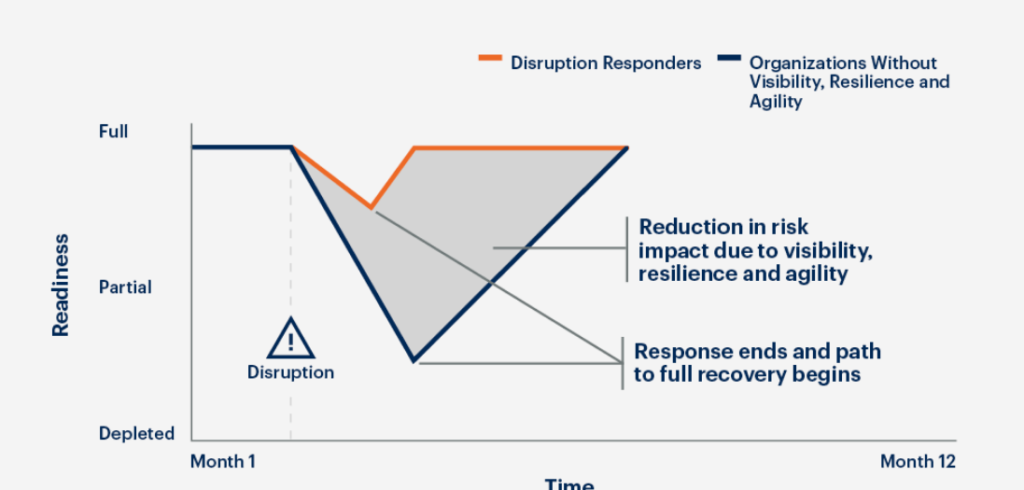Next Moves for Supply Chain Leaders Following the U.S. Port Strike
By Rlogy | Jan 28 2025
The Advantage of Prioritizing Visibility, Resilience, and Agility.The recent U.S. port workers’ strike along the East and Gulf coasts was another reminder of the vulnerabilities in global supply chains. As operations resume, supply chain leaders have an opportunity to reassess strategies, prioritize resilience, and implement forward-thinking practices to mitigate future disruptions.

Why Do Disruptions Catch Supply Chains Off-Guard?
Despite the ongoing nature of global disruptions—be it pandemics, strikes, or geopolitical tensions—many supply chains remain reactive rather than proactive.
Even Chief Supply Chain Officers (CSCOs) with robust risk management frameworks may fail to integrate risk planning effectively into logistics operations. This disconnect often leads to a “firefighting” mentality, where temporary fixes, such as over-reliance on third-party logistics providers (3PLs), are used to patch immediate issues at the cost of long-term sustainability.
For example, during the pandemic, reliance on 3PLs led to unplanned expenses as ocean carriers profited, forcing companies to absorb costs without addressing underlying vulnerabilities. The recent strike serves as a wake-up call: a shift towards integrated risk management and proactive logistics planning is critical.
Consider the Strategic Value of Automation
While the port workers’ contract extension offers temporary relief until January 15, 2025, automation remains a contentious issue. The International Longshoremen’s Association (ILA) continues to push back against technologies like automated cranes and driverless trucks, which could transform port operations.

However, for supply chain leaders, the decision to use specific ports is less about automation and more about strategic value—factors like location, connectivity, and efficiency weigh heavier. Until automation demonstrates tangible performance gains that align with supply chain goals, its role will remain secondary to these priorities.
Proactive Steps for Managing Logistics Disruption
With this pause in labor unrest, now is the time for supply chain leaders to prepare for future challenges. Consider these strategies:
- Strengthen Risk Management
- Develop a proactive risk management framework.
- Identify potential vulnerabilities and implement preemptive measures, such as diversifying logistics providers or shifting shipping modes.
- Partner Strategically
- Engage with ocean carriers and 3PLs to understand their contingency plans.
- Collaborate on solutions to minimize disruptions during potential strikes.
- Optimize Inventory Management
- Build buffer stocks in regional warehouses or near customer locations.
- Use predictive analytics to anticipate inventory needs and prevent shortages.
- Enhance Communication
- Keep internal teams and customers informed about potential disruptions and mitigation strategies.
- Collaborate with customers to adjust order timelines or explore alternative delivery solutions.
The Broader Takeaway: Building Supply Chain Resilience

The U.S. port strike highlights a broader lesson: resilience, agility, and visibility are essential for navigating an increasingly volatile supply chain landscape. Leaders who proactively embrace these pillars will be better positioned to weather future disruptions, safeguard their operations, and deliver value to stakeholders.
FAQs: Navigating Supply Chain Recovery
Q: How did the U.S. port strike impact supply chains?
The strike caused significant delays at major ports, disrupting the flow of goods and driving up costs for industries reliant on these hubs.
Q: How long will recovery take?
Clearing backlogs and normalizing operations may take weeks, depending on the extent of disruptions and businesses’ ability to adapt.
Q: How can businesses prepare for future port strikes?
Diversify supply chains, increase inventory for critical goods, explore alternative transport modes, and invest in real-time shipment tracking technologies.
Stay Prepared with Rlogy Cargo
At Rlogy Cargo, we empower supply chain leaders with the tools and insights to navigate disruptions effectively.
